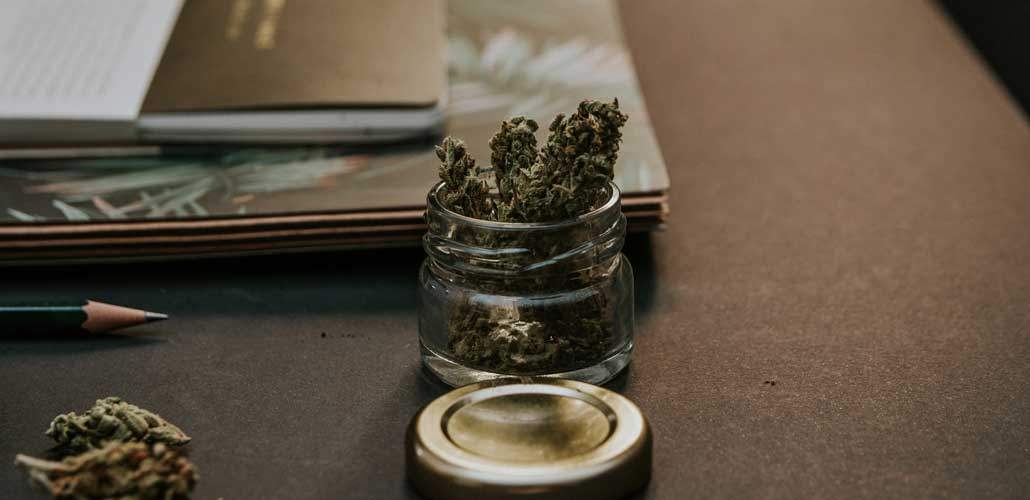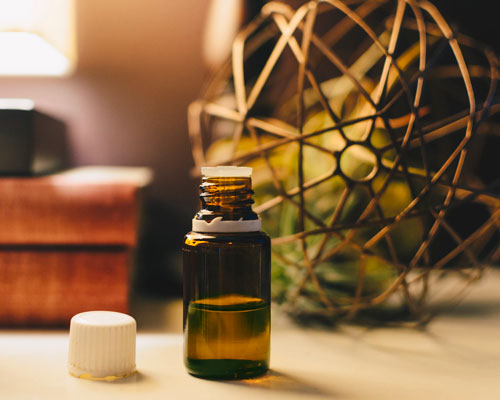
Marijuana and Depression
Can marijuana treat depression or will it make things worse? The two main components of marijuana are THC and CBD, both can affect your mood.

Can marijuana treat depression or will it make things worse? The two main components of marijuana are THC and CBD, both can affect your mood.
"Instead of helping, the limited evidence points to a increased risk for depression."
 Whether you call it weed, pot, cannabis, ganja, chronic, dope, buddha, or bud, recreational use of marijuana is now legal across Canada and a number of US states.
Whether you call it weed, pot, cannabis, ganja, chronic, dope, buddha, or bud, recreational use of marijuana is now legal across Canada and a number of US states.
Though recreational use in the UK, Australia, and almost all other nations remains illegal, a lot of guys – especially young men – use marijuana (smoke, oil, pills, or edibles – still illegal in Canada for several more months) to get high, lift their mood, or help relax.
The two main components of marijuana are THC (this is what has the psychoactive effects) and CBD (no psychoactive effects, often sold as CBD oil). These components both interact with a system in our brains that plays a role in regulating our mood, leading some to wonder if marijuana could be used to treat a mood disorder like depression.[1]
It’s an interesting question, but because of its past and/or current status as a controlled substance, we don’t have a lot of quality research available. What research there is doesn’t always specify the levels or amounts of THC and CBD, varies in form or environment taken, doesn’t track long term effects, or have only been animal based research. [2][3][5]
Nevertheless, there are a few studies and reports (see below) that we can draw on. Here’s what the current evidence points to:
Sometimes levels of THC and CBD are labelled on different strains, but there isn’t a lot of oversight yet.
Available research indicates that use of marijuana is more likely to be associated with increased mental health problems rather than providing relief of mental health problems.[4][5]
If you are an infrequent user:
If you are a frequent user:
If you are thinking about using for anxiety or depression:
In the coming months and years, we’re likely to hear many claims about what marijuana can do. Some of its benefits are well researched with substantial supporting evidence (like for adults with chemotherapy-induced nausea, chronic physical pain, and short-term use for multiple sclerosis), but many other claims (like for anxiety and depression) are not supported by science.[4]
So if you see marijuana being promoted as a ‘natural’ alternative for many medications, be cautious and sceptical – instead of helping, the limited evidence actually points to a increased risk for depression.
References:
More from our "Men Fighting Depression" series: